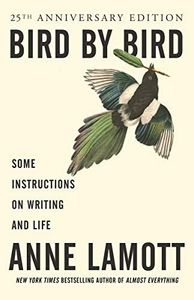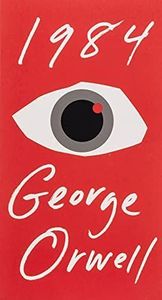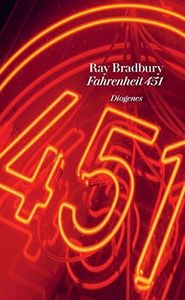
We Introduction by Will Self
Reviews
What a pleasant surprise. It’s incredibly obvious that this text was the blueprint for Orwell when addressing totalitarian surveillance. Zamyatin cleverly interrogates the fragility of totalitarianism by poking at it with the persistent individuality of his characters. He warns of the dangers of totilitarian control and surveillance nearly 30 years before Orwell and he does it in 100 or so less pages.
I liked it better than 1984, but not by much.
my absolute favorite dystopian novel
Honestly, I don’t really know what to say: did I hate it, no; did I like it, no. I feel pretty much the same towards ‘We’ as I do towards 1984 - it’s well worth the read, but I probably won’t pick it up again. What I will say is that Zamyatin really works to unequivocally write off the ideal of a collective utopia held up by the Soviets - although to an extreme. For me, it felt more targeted towards totalitarian soviet socialism, rather than commentary on Leninist/Stalinist communism. In general, the writing style wasn’t for me. It certainly wasn’t bad! - maybe it was the translation, so I might read it in Russian later this year.
хорошие книги !
This is one of the earlier dystopian novels, and having read a million of them, it was one of my very favorites.
I MADE A VIDEO ABOUT THIS BOOK and I'm strangely proud of it. I didn't enjoy reading it too much, but found it so mentally stimulating.
I struggled quite a bit with the style (of the translator, perhaps, and I’ll try a later translation sometime). I was, however, very impressed with how modern this story from 100 years ago is, given how much I dislike classic SF for how dated it becomes. Which is not to say I didn’t cringe mightily every time D-503 mentioned R-13 (his poet friend)’s thick Negro lips … Being, as I suppose I am, Negro, and with, as I have, thick lips. Regardless. I can see that this was indeed the first of this kind of fiction—the granddaddy of dystopian fiction—and that it’s impressive for being that. Would be interesting to watch the movie, because I can picture it all: basically, the North Korea of our imagination + glass everywhere and free, uninspired sex.
This was such a wonderfully bizarre story that has left me with many thoughts. Can definitely recommend!
It's a great classic and precursor of the futuristic dystopia genre. We can see the schema of a dystopian novel. I wish I hadn't read all of the successors before.
Not my cup of tea but also not the worst book I've had to read for school.
It was much better than I thought it would be, considering it was written in the 20s.
Gets a lot of points for being the original dystopian novel, and it is better than 1984, but the characters still spout garbled and cartoony philosophies which don't translate very well this side of the Berlin Wall. Nevertheless, a must-read if you like dystopias.
Just fucking great
A very good dystopian classic - especially when you have read lots of other dystopias, because you can sort of see what sort of font everybody had been drinking from, so to speak. However, I didn't really connect with the writing and I felt that some of the concepts of the world building and the plot were a little too abstract and difficult to grasp. Which is understandable since this book was written in a not so liberal time. I really appreciated how it showed the scary prospects of the future of this society (very much like 1984). Dystopias are supposed to scare, not to give hope, at least it was back when the world was so messed up it looked like we were heading towards one. But is it really so much better now? If this book is still so relevant, chances are is because we could still become a totalitarian unit with no individual freedom. This book also had many quotes that I really liked - most of which mix mathematics with revolution. Like for instance when the main character says there shouldn't be another revolution because they already had the final one. The other character promptly asks him what is the final number... As you can see, the whole thing is very abstract, which is good for studying and analyzing, but it gets boring pretty easily. One odd thing: the whole deal with The Great Operation kept reminding me of two things: the YA dystopia Delirium, and Doctor Who's Cybermen...
I'm sure that some people regard this book as a great classic. However, I just couldn't get into the story. I wanted to, but I found the writing was stiff and confusing. I even lost track of the characters and setting at some points. Overall, I thought the story was alright, but nothing groundbreaking (though I'm sure it was at the time).




















